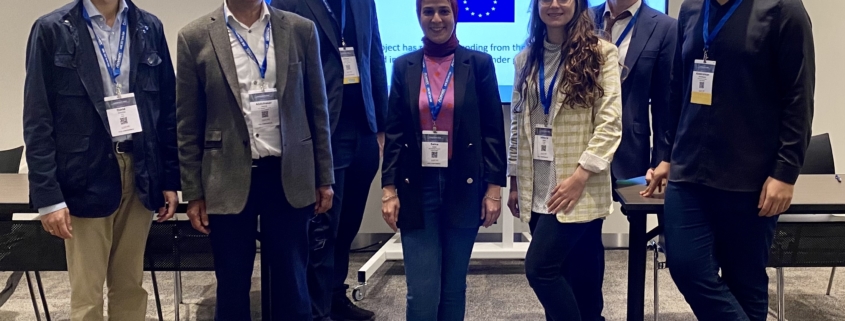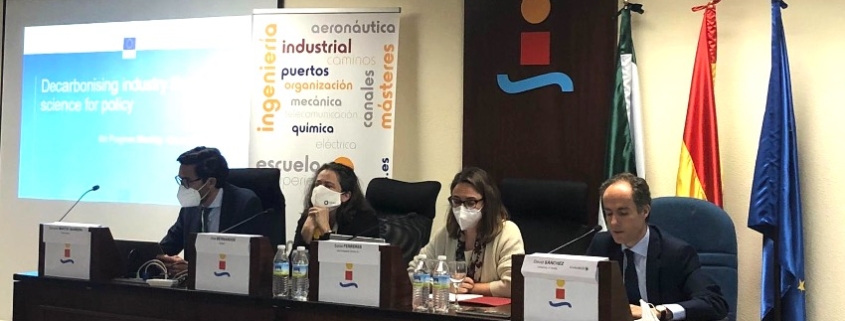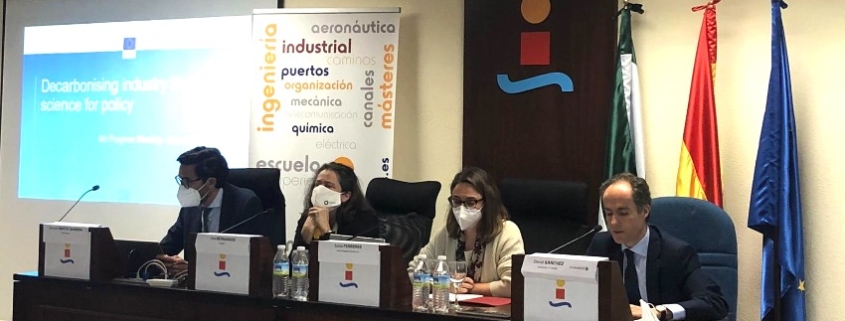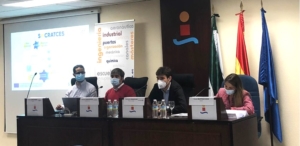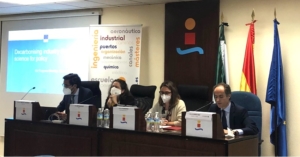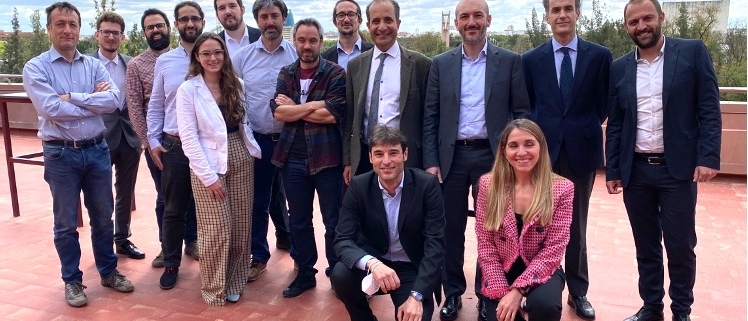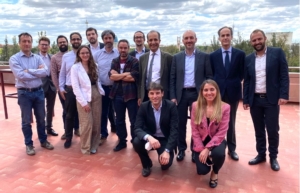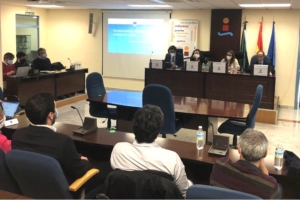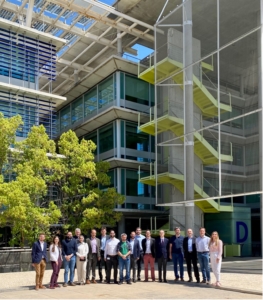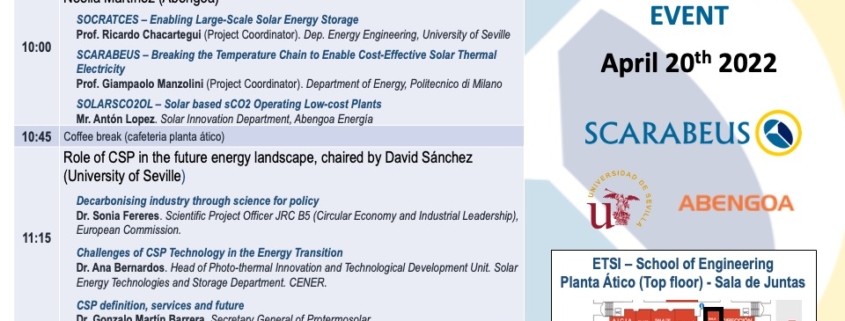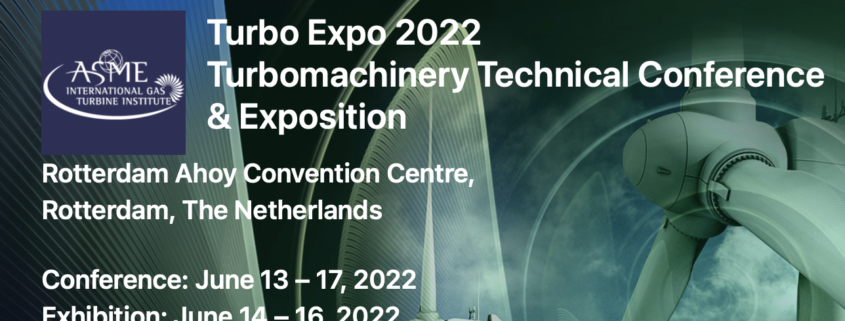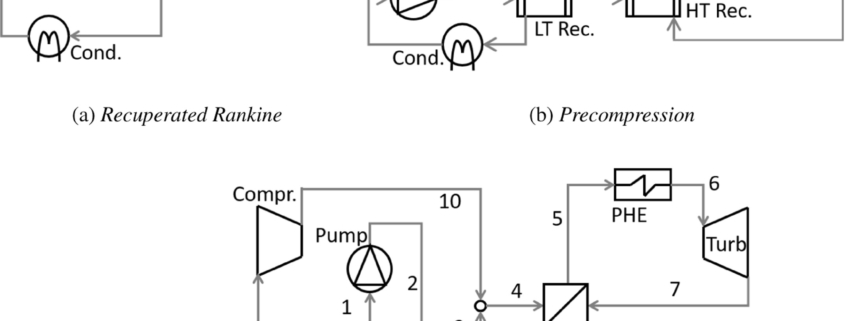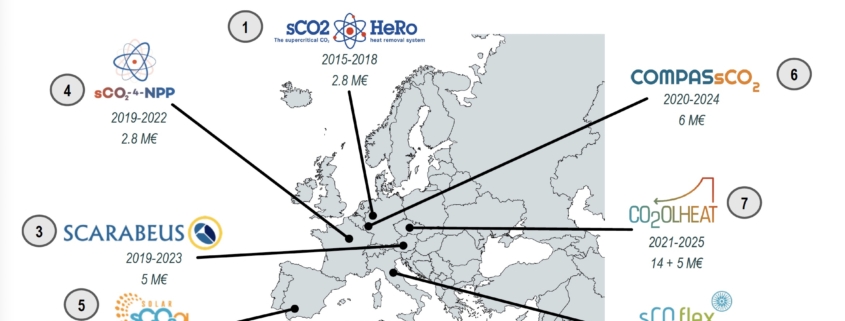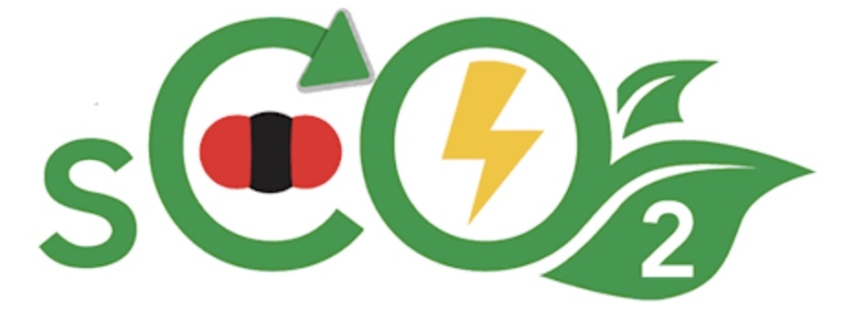SCARABEUS present at the ASME Turbo Expo conference in Rotterdam, The Netherlands
The Turbo Expo conference gathers the leading professionals in power and propulsion technologies based on rotating equipment from around the world. The conference is organized by the International Gas Turbine Institute of the American Society of Mechanical Engineers and is held annually in either Europe or North America, with an attendance of over 2000 delegates from industry, academia and government. This year, the conference was held in Rotterdam, The Netherlands, in June 13-17.
SCARABEUS was very well represented by the partners, presenting the latest progress made in each area of research:
- Illyes et al., Design of an Air-Cooled Condenser for CO2-Based Mixtures: Model Development, Validation and Heat Exchange Gain with Internal Microfins, Paper GT2022-82438 in Technical Session 33-05.
- Liao et al., Life Cycle Assessment of Innovative Concentrated Solar Power Plants Using Supercritical Carbon Dioxide Mixtures, Paper GT2022-83576 in Technical Session 33-08.
- Putelli et al., Preliminary Analysis of High-Temperature Corrosion of Metallic Alloys with CO2 and CO2-Based Working Mixtures for Power Plants Applications, Paper GT2022-84197 in Technical Session 33-08
- Abdeldayem et al., Integrated Aerodynamic and Structural Blade Shape Optimisation of Axial Turbines Operating With Supercritical Carbon Dioxide Blended with Dopants, Paper GT2022-81223 in Technical Session 33-08
In addition to this, the Dissemination Coordinator of SCARABEUS (Prof. D. Sánchez) organizer a panel session on Large R&D Project Development in Europe, along with Renaud Le Pierres (Heatric).
The technical papers will be published in Open-Access in the conference proceedings. For the panel discussion, you can contact Prof. Sánchez to get a summary presentation (ds@us.es)

